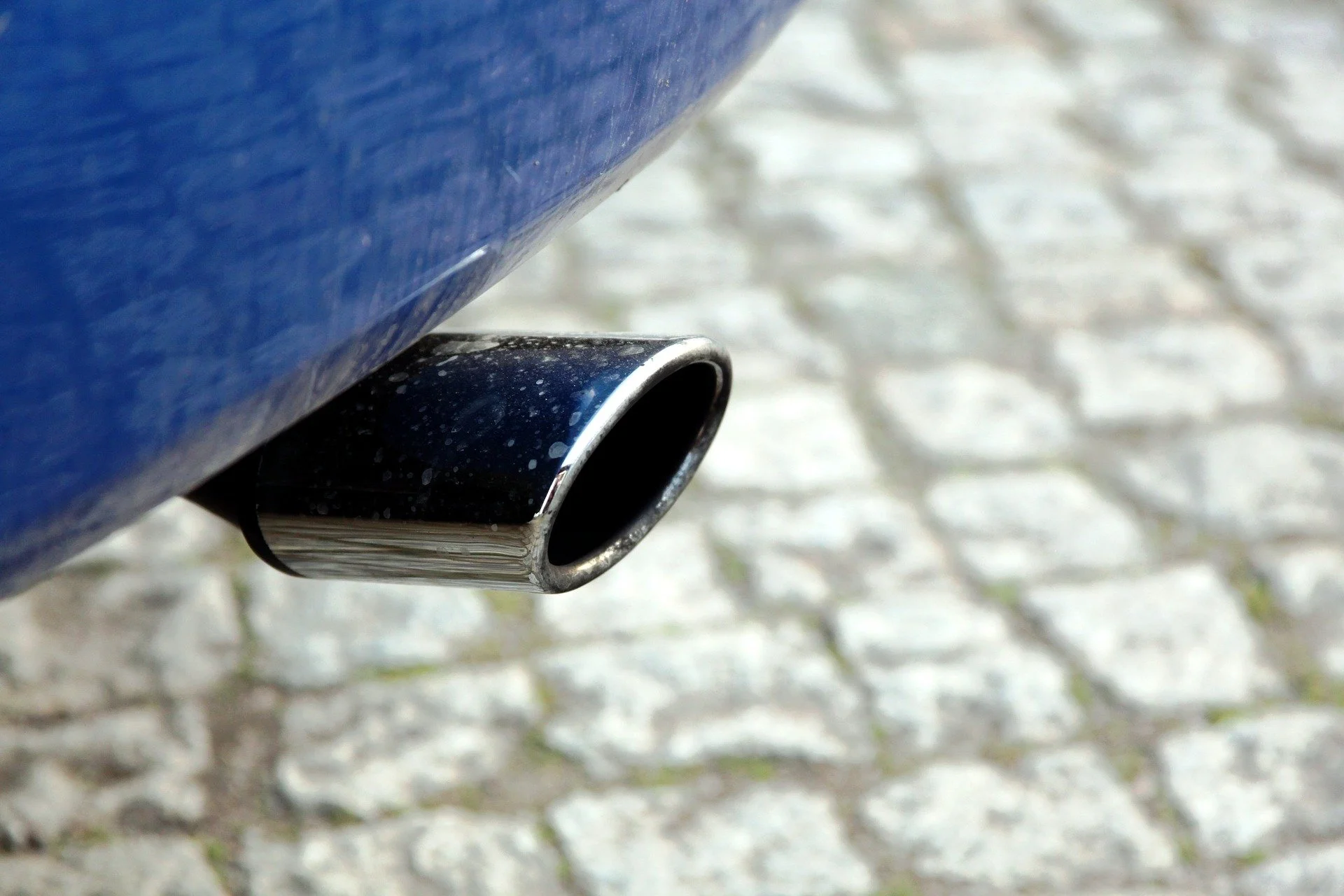The agent who can head off the climate crisis…
by Joseph Bonasia
…Is reading this sentence.
Some people say individuals can’t take meaningful action regarding climate change. Saving the planet, they claim, can only be done by governments and corporations. But consider the following.
No one was inside the pick-up truck parked outside the restaurant at which my wife and I would have breakfast, but its engine was idling. When we left one hour later, it was still idling, presumably to keep the cabin air-conditioned for its owner upon his eventual return.
Not only was carbon spewed into the atmosphere contributing to global warming merely to prevent two minutes of discomfort upon entering a hot vehicle, but energy in the form of gasoline was wasted, as was the energy used providing that energy: the energy consumed in the drilling, refining and transportation of those gallons of gasoline.
Consider the many times you have seen spouses sitting in idling cars in a Publix parking lot while their better halves shop. Consider the drive-thru lines of idling cars at Dunkin’ Donuts and Starbucks even before COVID.
The idling of personal vehicles consumes three billion gallons of fuel and generates around thirty million tons of CO2 every year.
- US Department of Energy
.
The U.S. Department of Energy estimates that the idling of personal vehicles consumes three billion gallons of fuel and generates around thirty million tons of CO2 every year. So much wasted energy, further injury to Earth’s atmosphere, and not a single inch driven.
Of larger impact, the average American family wastes nearly a third of the food it purchases, at a cost of $240 billion annually. That means that the energy used to grow, transport, process, and handle food from farm to store to table to landfill is wasted, too, and its accompanying greenhouse gases take their toll on our atmosphere, all to nourish no one.
Americans, on average, buy sixty-eight items of clothing per year, about one new garment every five days, each one with its energy and carbon footprint. No one needs anything close to sixty-eight new items of clothing every year. In the United States alone, 35.4 billion pounds of clothing were landfilled in 2020. More wasted energy and pointless greenhouse gas emissions.
Ours is an economy and culture characterized by overconsumption and enormous waste necessitating exorbitant amounts of energy and exacting a terrible toll upon the planet. In doing so, we are committing generational injustice unmatched in history. Nothing one generation has done to another comes close to our leaving an ecologically unstable and impoverished Earth to our children. Nothing.
It is bad enough that our climate crisis is being driven to a large degree by an economy predicated upon infinite growth and consumption on a planet of finite resources and capacity to absorb injury. But so much of that consumption is overconsumption and wasteful.
The world needs to transition to clean, renewable energies as quickly as possible to reduce greenhouse gas emissions. Many argue that solar and wind and the like can’t possibly meet current energy demands, but the obvious fact is that it is easier for these renewable energies to meet those demands if they were not unnecessarily and irresponsibly high.
The only place the climate crisis is going is directly onto our children and grandchildren.
Surely, an important and commonsense part of any response to global warming and energy demand is simply to reduce such profound overconsumption and waste.
Americans, who gobble up resources at a rate that would necessitate five Earths if the rest of humanity lived as we do, must reprioritize our values with the awareness that every purchase—of gas, food, clothing, etc.—is an ecological act, as are many of our behaviors, such as the wasteful idling of our cars. Every American has the agency to reset how they think and live and thereby help restore the planet to health.
The aggregate actions of hundreds of millions of individuals can contribute greatly to saving the earth—just as their aggregate actions are this moment contributing greatly to its ruin. (When human activity shut down at the start of the pandemic and individual consumers weren’t consuming so much, greenhouse gas emissions plummeted. Now we’re back to normal and emissions have skyrocketed.)
Don’t wait on Congress, corporations, international summits, or some magic pill technology that will make all of this go away. The only place the climate crisis is going is directly onto our children and grandchildren.
You are responsible for you. Do your part.
You are responsible for you. Do your part.
In Regeneration, Paul Hawken, noted environmentalist, entrepreneur, and author, writes, “The most complex, radical climate technologies on earth are the human heart, head, and mind, not a solar panel,” and “The agent who can head off the climate crisis is reading this sentence.”
Joseph Bonasia is a founding member of the SWFL RESET Center.
Author postscript: This article was originally published in the News-Press on April 18, 2022. We reshare it today because it is not only relevant; it is now more urgent that individuals begin taking personal responsibility for the rapidly deteriorating climate crisis.


